Storybooks About Alzheimer's
Below are the descriptions of the storybooks with reading guides:
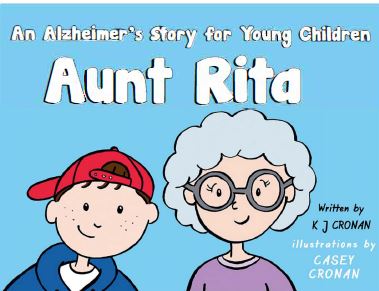
An Alzheimer's Story for Young Children Aunt Rita
Author: KJ Cronan
Illustrator: Casey Cronan
Description: Harry is an active 4th grader who loves school, sports, drawing and his friends. But the thing he cherishes most of all is the relationship he shares with his Aunt Rita. A lot of Harry's most impactful memories are spent with his Aunt Rita and their adventures together. He soon discovers that his Aunt Rita has Alzheimer's. This illness effects an adult's brain by impeding their memory and changing their thinking and behaviors. As Aunt Rita's memory continues to decline, Harry remains a positive light in her life and continues to nurture their sweet connection while helping his family do the same.
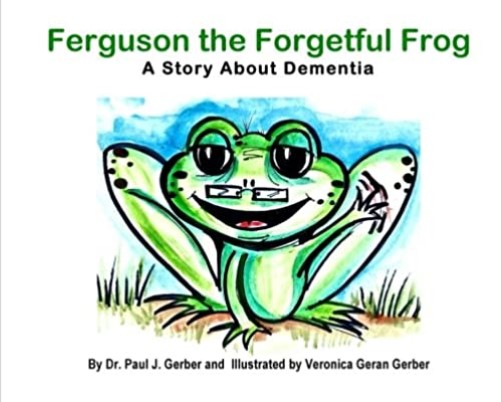
Ferguson the Forgetful Frog: A Story About Dementia
Author: Marta Schmidt Mendez
Illustrator: Andreea Mironiuc
Description: This is a story about a frog named Ferguson who has dementia. The author uses this animated character to help young children understand and talk about dementia. Thisstory explains the difficulties someone with dementia could experience, the feelings they could have, and the behaviors they may have because of dementia. The bookprovides the young reader the knowledge and awareness they need to interact withtheir loved one in a caring and empathetic way.
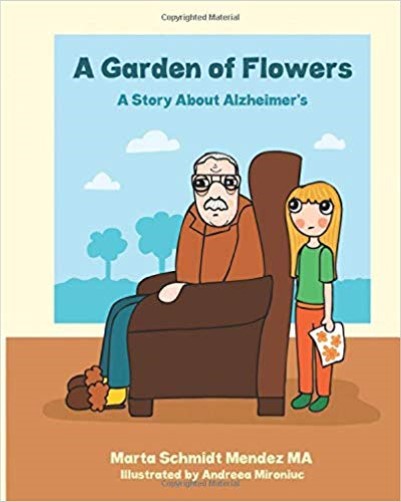
A Garden of Flowers A Story About Alzheimer's
Author: Marta Schmidt Mendez
Illustrator: Andreea Mironiuc
Description: Lily’s grandfather has lived with her and her family ever since Lily was a baby. Lily
has always done so many fun things with her grandfather and they are very close. As
Lily gets older she starts to notice that her grandfather calls her the names of different
flowers, but not her name. At first this seems a funny game but soon Lily starts to
become frustrated as her grandfather does not seem to notice that she does not find
the game funny. Lily’s parents step in and explain that her grandfather has developed
Alzheimer’s. Lily has to decide and figure out how she will interact with her grandfather
now that the ability to build memories is mainly one sided. A loved one's diagnosis
of Alzheimer’s can impact a family greatly.
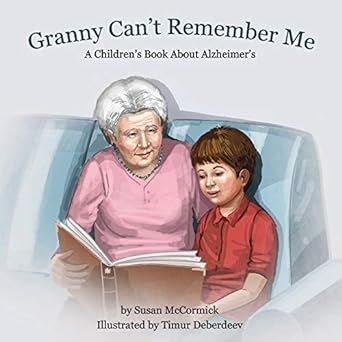
Granny Can't Remember Me: A Children's Book About Alzheimer's
Author: Susan McCormick
Illustrator: Timur Deberdeev
Description: Joey has two Grandmas. Granny Josie lives in Florida and knows who he is. His other
Granny lives close, but does not know who he is. Joey knows both of his grandmas
love him. With his mom, Joey regularly visits Granny who lives in a safe place with
special locks on the insides of the doors. Granny’s favorite story is about her three
best days. The pictures that go with them are on display beside her bed.The third best day is the “Very Best Day of All” becauseit is the day Joey was born. Joey understands that Granny doesn’t know that little
boy is him.But he still gives Granny a big hug!
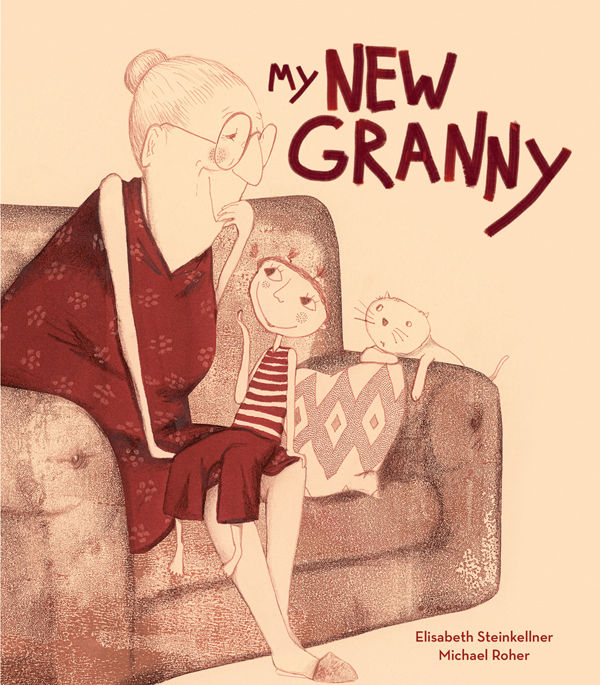
My New Granny
Out of Print, Used Copies May Be Available
Author:
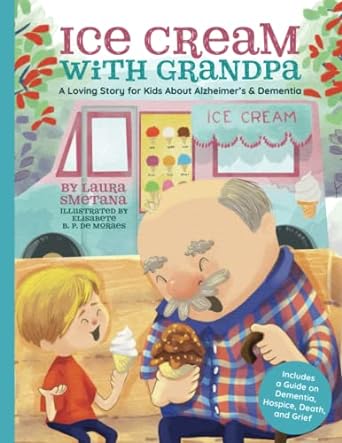
Ice Cream with Grandpa
Author: Laura Smetana
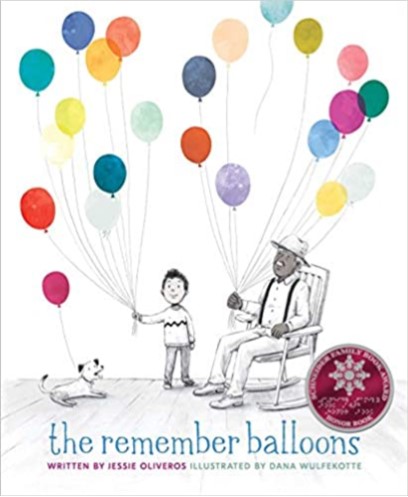
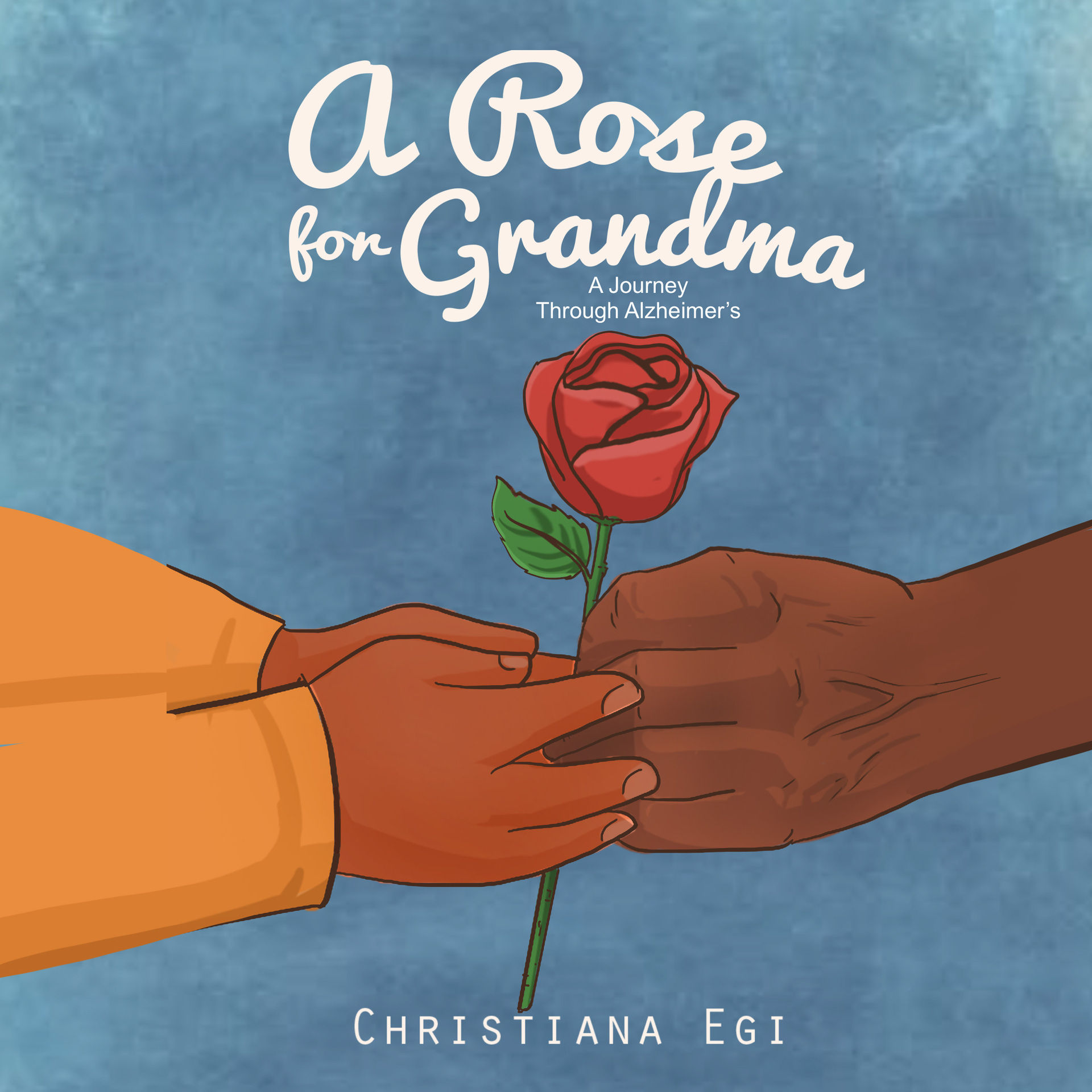
A Rose for Grandma
Author: Christiana Egi
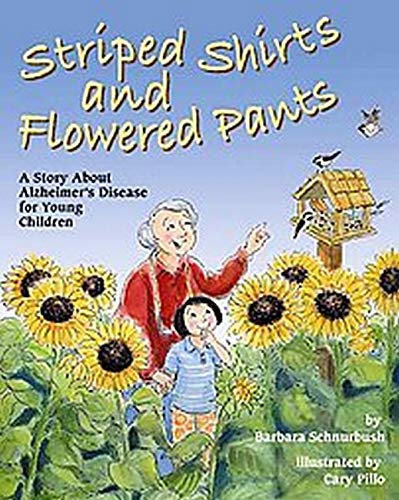
Striped Shirts and Flowered Pants: A Story About Alzheimer's Disease for Young Children
Out of Print, Used Copies May Be Available
Author: Barbara Schnurbush
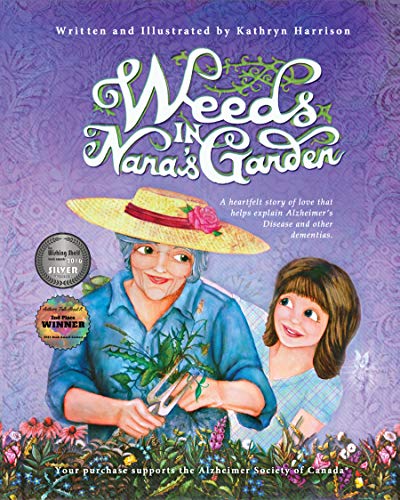
Weeds in Nana's Garden
Author and Illustrator: Kathryn Harrison
Description: A young girl and her Nana hold a special bond that blooms in the surroundings of
Nana’s magical garden. Then one day, the girl finds many weeds in the garden. She
soon discovers that her beloved Nana has Alzheimer’s Disease; an illness that affects
an adult brain with tangles that get in the way of thoughts, like how weeds get in
the way of flowers. As time passes, the weeds grow thicker and her Nana declines,
but the girl accepts the difficult changes with love, learning to take-over as the
garden’s caregiver. Extending from the experience of caring for her mother, artist
Kathryn Harrison has created this poignant children's story with rich illustrations
to candidly explore dementia diseases, while demonstrating the power of love.
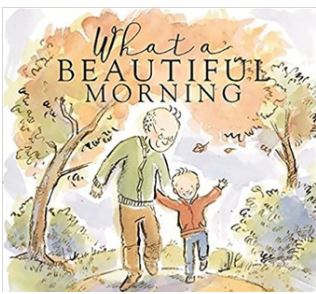
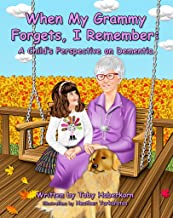
When My Grammy Forgets, I Remember: A Child’s Perspective on Dementia
Author: Toby Haberkorn
Illustrator: Heather Varkarotas
Description: This story explores the difficult reality of dementia and the bittersweet changing relationship between a granddaughter and her grandmother. By including children in the family discussion, parents help them become resilient and empower them to provide comfort for the grandparents or loved ones with Alzheimer’s.
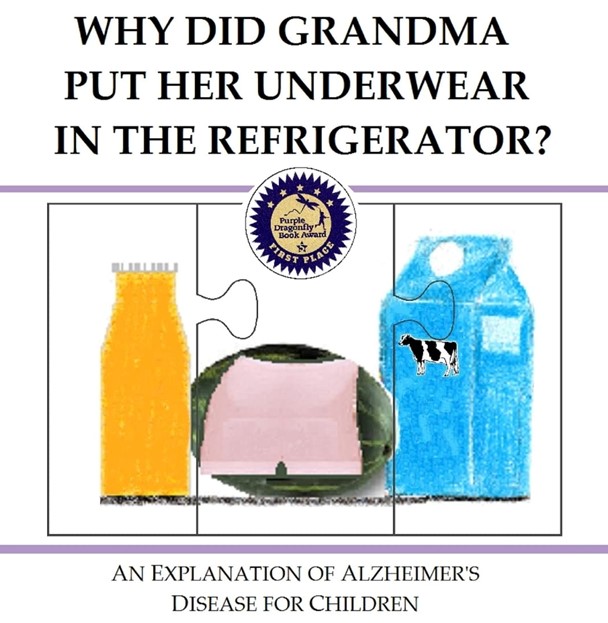
Why Did Grandma Put Her Underwear in the Refridgerator?
Author: Max Wallack and Carolyn Given
Description: Julie has always loved spending time with her Grandma. They enjoy many activities
together like shopping, drawing and building puzzles. Now Grandma lives with Julie
and her parents. This means they get to spend even more time together. Sometimes
Grandma has trouble remembering names and where she put things. At times, Grandma
doesn't remember who Julie is! When Grandma forgets, Julie helps Grandma remember.
She always tells Grandma she loves her. Julie's parents explain to her "Grandma has
Alzheimer's and the cells in her brain can't always throw and catch messages the way
they should." Julie's parents also tell her she is a good caregiver when she helps
Grandma.
Below is a list of other storybooks:
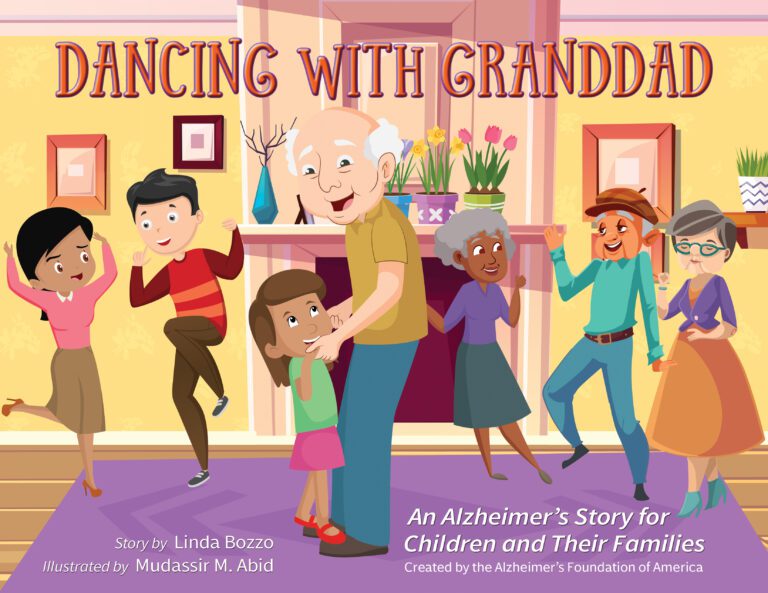
Dancing With Grandad: An Alzheimer's Story for Children and Their Families
Author: Linda Bozzo
Illustrator: Mudassir M. Abid
Description: Dancing with Granddad is a teaching tool adults can use to have a conversation with a child about Alzheimer’s disease. The book takes young readers on the journey of learning in an age-appropriate way that seven-year-old Nia’s Granddad has Alzheimer’s and will need to move to a new home. They also learn that while Nia’s Granddad is changing, the love they have between them never will. Suggested for children ages 5 through 8. Alzheimer’s Foundation of America has published the book. https://shop.alzfdn.org
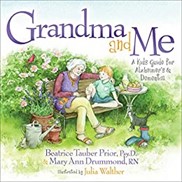
Grandma and Me: A Kid's Guide for Alzheimer's and Dementia
Authors: Beatrice Tauber Prior and Mary Ann Drummond
Illustrated by: Julia Walther
Description: Beatrice and Mary Ann combine their years of clinical experience to create a truly
engaging, yet informative book for young children on the topics of Alzheimer's and
dementia. The beautiful artwork will capture children's attention and bring them into
the story. Grandma and Me provides a gentle, yet age appropriate description of Alzheimer's
disease, while providing tools to help children continue to have a relationship with
their loved one despite the disease. It addresses a difficult topic with love and
understanding and provides the tools for children to successfully navigate the journey
ahead.
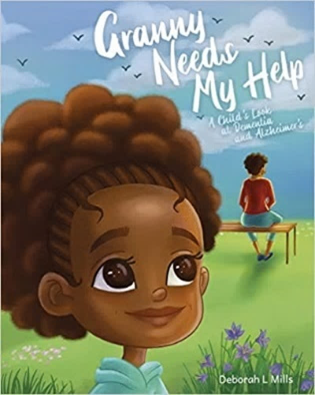
Granny Needs My Help: A Child's Look at Dementia and Alzheimer's
Author: Deborah L. Mills
Illustrated by: Julia Walther
Description: This Alzheimer’s book for children explains Alzheimer’s in kid-friendly terms. The
book presents memory loss in an easy-to-understand narrative. Zeh discovers what
is going on with her granny’s brain. The book peers into the feelings and confusion
children can face when a loved one is diagnosed with memory loss like Alzheimer’s.
The book presents memory loss in an easy-to-understand narrative. The storybook follows
a family facing their challenge together and making the most of every available moment.
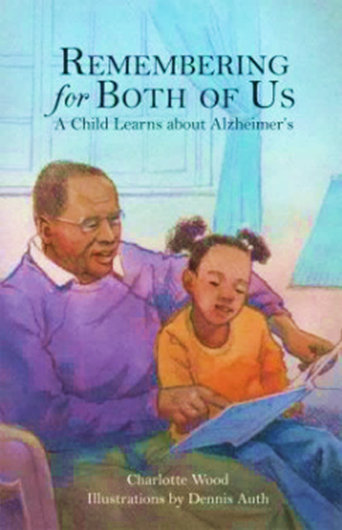
Remembering for Both of Us: A Child Learns about Alzheimer's
Author: Charlotte Wood
Illustrated by: Dennis Auth
Description: Tasha loves her grandfather, and she knows that PaPa loves her. But lately, PaPa
has begun to forget things. He is often confused and upset. Sometimes, he does not
even recognize his own family. How can Tasha's grandmother help her see that while
PaPa is changing, his love for Tasha has not? Remembering for Both of Us is a touching
story of a child's first glimpse of Alzheimer's and a reminder that ties of the heart
transcend age and illness.
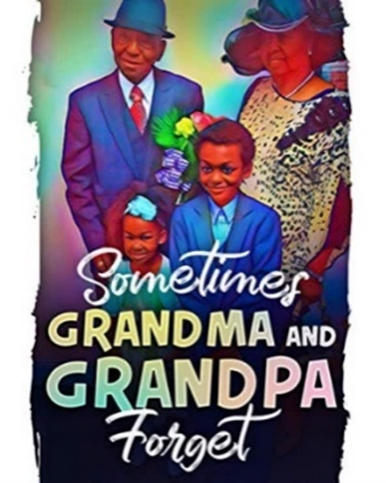
Sometimes Grandma and Grandpa Forget
Author: Kacy C. Chambers
Editor: Dr. Carolyn M. Johnson
Description: Children understand far more than adults often give them credit for. They are observers.
They recognize changes. When the people they love begin behaving differently, often,
children are the first to notice. That’s when adults should step in and answer their
questions, listen to their concerns, provide guidelines, and help them brainstorm
ways to help those suffering from dementia or its most common cause—Alzheimer’s.Written in a children’s story format, this bookprovides the perfect platform for parents to begin a much-needed conversation and
help ease children’s worries. Starting from a place of knowledge will empower them
to continue to love, assist where possible, and understand that dementia is a disease
that affects people; it shouldn’t define them.
We were unable to find any storybooks about Alzheimer's disease for Native American children. However, we discovered there are educational materials for adults about Alzheimer's disease.
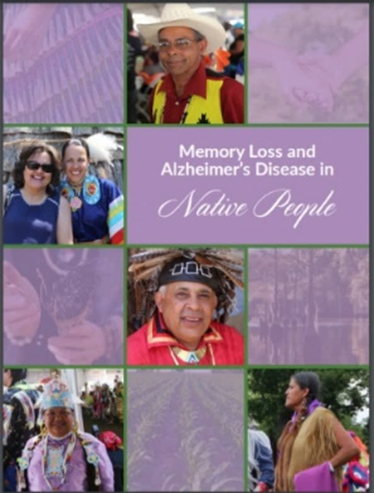
Booklet: Memory Loss and Alzheimer's Disease in Native People
https://alz.org/media/Documents/Memory-Loss-and-Alzheimer-s-Disease-in-Native-People.pdf
Author: Bureau of Health Professional, Health Resources and Services Administration, Department
of Health and Human Services
Description: Alzheimer’s is a devastating disease. American Indian people are not strangers
to Alzheimer’s. This tragic condition has affected Tribal Elders. Families are faced
with the struggle of understanding how to cope with caring for their loved ones who
have been touched by Alzheimer’s while at the same time caring for their children.

Booklet: Road Map for Indian Country
https://www.cdc.gov/aging/healthybrain/indian-country-roadmap.html
Alzheimer’s disease is the most common type of dementia, and with greater age comes increased risk. Between 2014-2060, the number of American Indian and Alaska Natives aged 65 and older living with memory loss is projected to grow over five times. Today, one of every five American Indian and Alaska Native adults aged 45 and older reported experiencing subjective cognitive decline—increased difficulty in thinking or remembering over the past year—which can be a precursor to dementia.
Below are fact sheets for download and printing for reference:
- 10 Warning Signs of Alzheimer’s
https://www.cdc.gov/aging/healthybrain/Indian-Country-ten-warning-signs.html - Starting Conversations About Alzheimer’s
https://www.cdc.gov/aging/healthybrain/Indian-Country-starting-alzheimers-conversations.html - Indian Country Public Health Programs
https://www.cdc.gov/aging/healthybrain/Indian-Country-public-health-programs.html - Road Map for Indian Country Dissemination Guide
https://www.cdc.gov/aging/healthybrain/Indian-Country-guide.html
